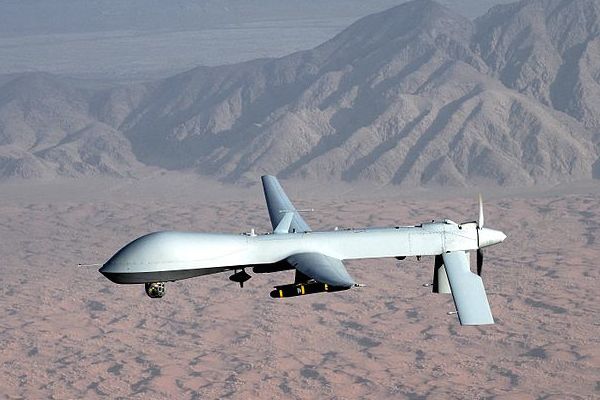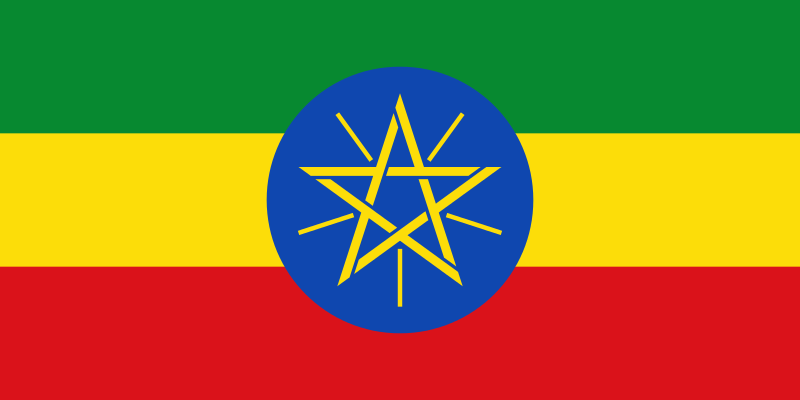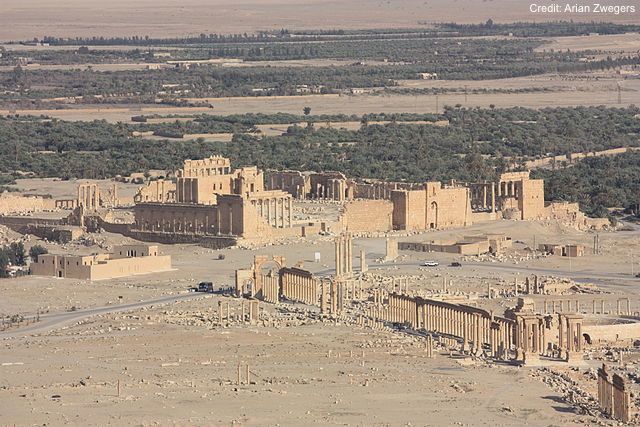Buried in a December 2014 New York Times article was this passage that has been knocking around in my head ever since:
During the presidential campaign in 2008, Mr. Obama railed against the [Central Intelligence A]gency’s use of torture and secret prisons during the Bush administration, and shuttered the detention program during his first week in office. But he has empowered the agency in other ways — including allowing its director, not the White House, to make the final decisions about drone strikes in Pakistan.
In other words, an agency that has actively resisted Congressional oversight attempts (to the point of hacking Senate computers) now doesn’t even have Executive oversight — or oversight by any elected civilian — when blowing people away with missiles. The CIA drones program has the power the make literal life and death decisions day in and day out with nobody externally keeping track of it or authorizing individual strikes.
Worse, these strikes aren’t even targeting high-profile people most of the time. Or even any-profile people. The use of so-called “signature strikes” — where they bomb a physical or moving target that has the visual “signature” of something that might be terrorists — by the CIA has become commonplace. These strikes aren’t based on any actual intelligence suggesting someone worth targeting is there. The target just “fits a profile.” That’s how innocent wedding parties get bombed instead of terrorist convoys.
A recent op-ed in The Guardian looked at the general lawlessness and lack of rules surrounding the paramilitary use of drones by the CIA:
After the “rules” were announced in 2013, the Associated Press reported that the US was going to stop signature strikes everywhere, including in Pakistan. Then we found out, through the Wall Street Journal, that actually, no, the president issued a secret waiver for Pakistan and part of the rules didn’t apply there. Now just this week, we’ve learned from the Washington Post that Obama, at some point, issued another waiver on the “imminent” rule for Yemen, allowing the CIA to continue signature strikes there unabated. According to their report: “US officials insisted that there was never a comprehensive ban on the use of signature strikes in that country” to begin with.
In other words, a key part of the drone “rules” Obama laid out in public don’t apply in the two countries where the CIA conducts virtually all of its drone strikes. Oh, and the “imminent threat” rule doesn’t apply in Afghanistan either, the only other country where the US military is regularly conducting its strikes.
We should probably keep foreign intelligence collection and analysis in one agency and keep military activities in the military. Unaccountable paramilitaries are never a good development for any country — particularly not a democracy.

MQ-1 Predator unmanned aircraft. (U.S. Air Force photo/Lt Col Leslie Pratt via Wikimedia)







